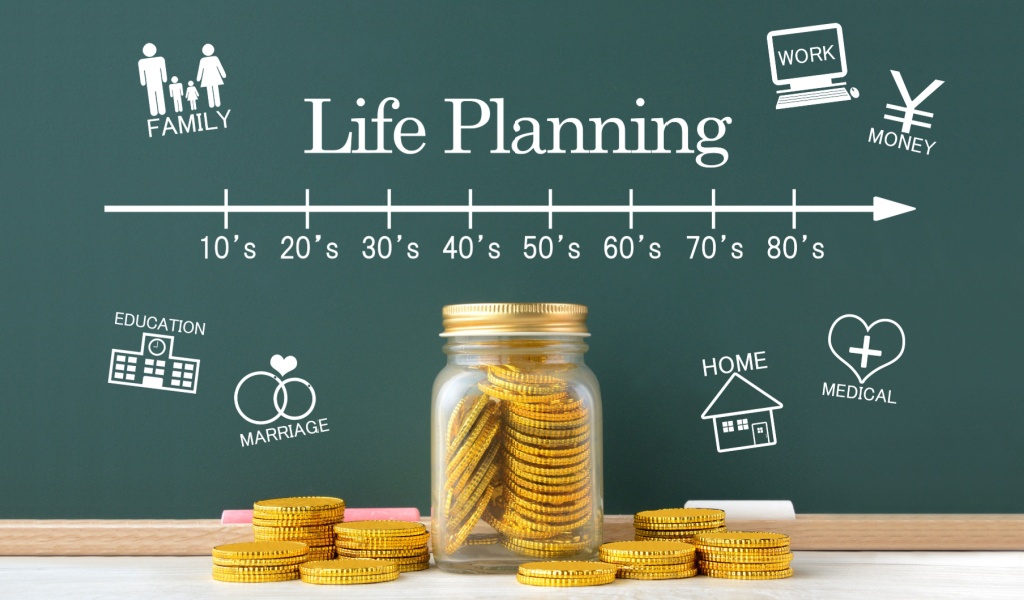Many people dream of owning their own house. While purchasing a home does have many advantages, it isn’t always the perfect option for everyone. While homeownership rates are very high in the US, they have not always been so. Owning a house may seem ideal, but renting can have its fair share of advantages, too. In fact, renting can make more sense for some people due to their circumstances, financial or otherwise.
In this article, we quickly dive into ten reasons why renting makes more sense than buying a house.

No Repair or Maintenance Costs to Worry About
When you rent out a house, the landlord is fully responsible for all the home repairs, maintenance, and improvements. Even if there is a roof leak or an appliance issue, you can call your landlord to fix or replace it.
On the other hand, you are fully responsible for all the renovation and maintenance costs of a house you own, which can get very expensive depending on the nature of the task.
Exempt From Real Estate Taxes
Real estate taxes can become a serious financial burden for homeowners based on the estimated property value, the land area of the house, the county, and so on. In fact, property taxes can amount to thousands of dollars annually in some places, but the good news is that you don’t have to pay property taxes when you rent a property!
Easier Access to Amenities
As a homeowner, you would have to spend thousands of dollars to install and maintain amenities such as an in-ground pool or a fitness center. On the other hand, renting can make them much more affordable. Most midscale and upscale apartment complexes typically come with these added facilities without any additional charge to the tenants.
No Down Payment
When you rent a house, you usually have to pay a security deposit equal to one month’s rent. This deposit will be returned to you when you move out, provided you have not caused any damage to the rented property.
Renters have a significant advantage over homeowners because they don’t have to deal with a hefty up-front cost. When you purchase a house with a mortgage, you must make a substantial down payment, usually 20% of the property value. Therefore, those who cannot afford a down payment are better off renting a house.
You Get To Choose Where You Want To Live
Renters have the freedom to live anywhere they want, but homeowners cannot because their options are limited to areas where they can afford a house. For example, buying a home in a city like New York will be too expensive, but renting is far more affordable. Even though the rent can be higher in such areas, it’s still more accessible.

Lower Utility Costs
Typically, rented properties tend to be smaller than houses people own. Therefore, they cost more in terms of utility bills as well that are associated with heating systems, and so on. Since rental houses are more compact, they cost less to power and heat.
Fixed Rental Charges
The rental amount remains fixed and unchanged throughout the lease agreement. While the landlord can raise the rent with prior notice, it still gives renters more flexibility for budgeting.
Cheaper Insurance Costs
Homeowners are required to maintain a homeowners insurance policy. Likewise, renters have a renter’s insurance policy – although it, unlike the former, is not compulsory. However, a renter’s insurance policy is much less expensive and offers more comprehensible coverage, including valuables, furniture, and computers. On average, renters’ insurance is less than $200 annually, while homeowners’ insurance costs are above $1,000 yearly.
You Can Invest Money in More Important Things
Before buying a house, you must have an emergency fund allocated separately for the home. This should cover several months’ expenses, including home repairs and maintenance. You also need to set aside an emergency fund if a sudden medical emergency arises, and you need money to back you up.
When you choose not to buy a house, you are better able to save and invest in more important things. You can always buy a home later on when you have better financial security.
Decreasing Property Value
Property values constantly fluctuate. Since the value of a home can significantly impact property taxes and mortgages, this fluctuation affects homeowners significantly, but renters are hardly affected.
Final Thoughts
In the long run, owning a house can be a financial benefit due to the equity you acquire over time. But renters can avoid the costs of upkeep, issues related to homeownership, and rising property taxes. Ultimately, the choice to buy or rent will depend on one’s financial circumstances, lifestyle, budget, and preferences.



